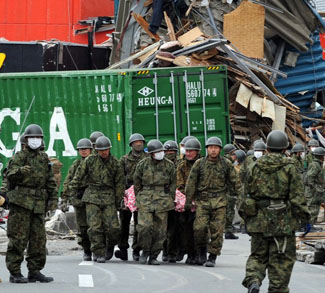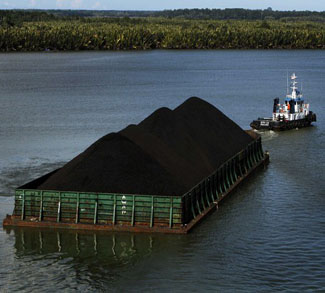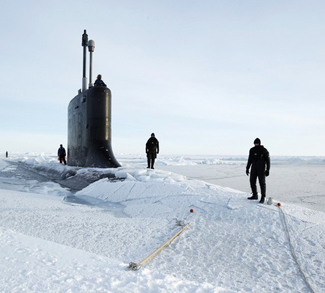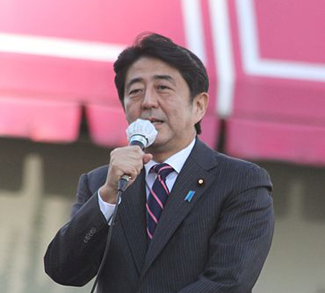The human cost of the terrible earthquake and subsequent tsunami that struck Japan last week is clear for all to see. What’s less obvious however is the geopolitical impact of the tragic events currently playing out in Japan.
The nuclear crisis unfolding in Japan will have an immediate impact on global energy markets. The last decade or so has witnessed somewhat of a rehabilitation of nuclear power’s image in the eyes of sceptical populations in the developed world. Simply put, the memory of past nuclear tragedies like Chernobyl and Three Mile Island had begun to fade and nuclear power was increasingly being accepted as a necessary evil in a world that is feeling the squeeze on cheap and abundant energy. The nuclear crisis in Japan will reverse this trend. Nuclear projects across Europe are already being reviewed in light of the catastrophe in Japan, and German Chancellor Angela Merkel has gone so far as to suspend an agreement on extending the life of Germany’s aging nuclear power stations. All told, we should expect a rebirth of the global anti-nuclear movement.
A global shift away from nuclear power will inevitably increase demand for other sources of energy. Coal, natural gas, petroleum, and renewables will surely make gains as governments scramble to put some space between themselves and the now-politically caustic issue of nuclear energy. In America, the Obama administration may find itself having to backpedal on 2010 pledges to triple US nuclear investment. The Japanese quake, as well as decreasing costs and less intensive capital requirements of competing types of energy, could mean that the American ‘nuclear renaissance’ is going to be over before it even begins.
The spiralling nuclear crisis in Japan is also serving to kick Japanese markets when they were already down from the initial earthquake and tsunami. What looked like a manageable crisis on Monday, one that was comparable to the economic hit that Japan took after the 1995 Kobe quake, has morphed into more of an economic free fall. Japan’s Nikkei index plummeted 10 percent on Tuesday, and with no end in sight to the nuclear crisis unfolding in Fukushima, the downward trend is likely to continue. Japan is already one of the most indebted countries in the world, and initial estimates have pegged rebuilding costs at over $180 billion. There can be no doubt that the crisis will have a substantial impact on Japan’s economic standing in the world.
Another legacy of the earthquake may be a closer bond between the United States and Japan. The USS Ronald Reagan has been assisting in relief operations along the Pacific coast and additional US warships are expected to arrive soon. Disasters like this can have the effect of boosting public perceptions towards a given country thanks to highly visible offers of aid and assistance. It’s possible that Sino-Japanese relations could also receive a boost, as Beijing has also been quick to dispatch relief teams.
Perhaps the most fundamental consequence of this crisis will come from the Japanese people themselves. Prime Minister Naoto Kan has likened the crisis to the worst that Japan has faced since WWII. If such a comparison rings true, then the Japan that emerges on the other side of this catastrophe will be one that views itself and its place in the world through a different set of eyes.




